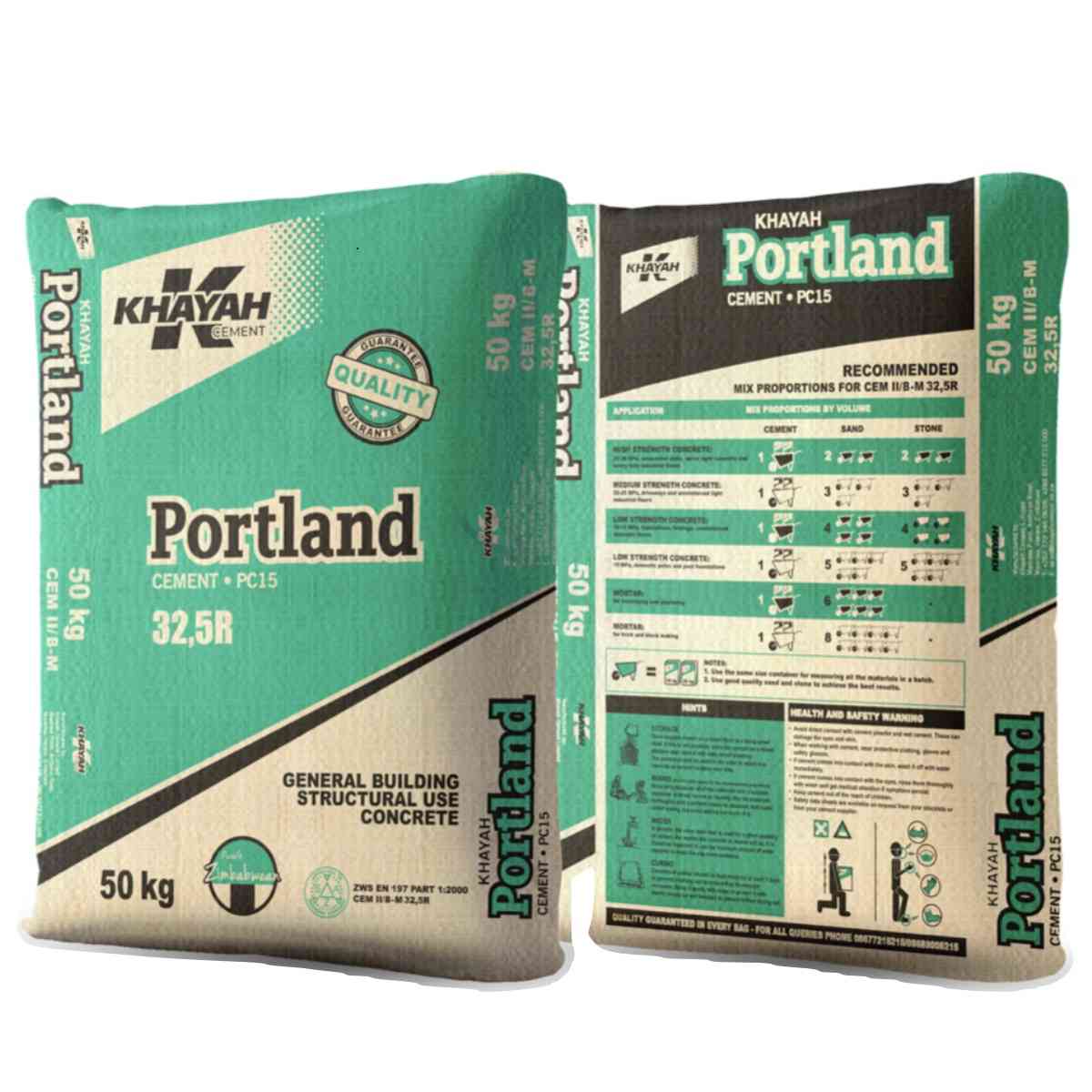
Zimbabwe needs predictability to be able to attract investors, UN under-secretary-general and Economic Commission for Africa (ECA) executive secretary Carlos Lopes has said.
BY NDAMU SANDU
Lopes told NewsDay on the sidelines of a conference of ministers meeting in Ethiopia that investors were not attracted to a destination by bilateral treaties, but a number of factors with predictability and stability of regulatory arrangements topping the list.
“Zimbabwe has been suffering from lack of predictability, so investors are not very keen in venturing in areas where they don’t know exactly what the conditions are,” he said.
“You have categories of investors that are willing to take that type of risks because they have protection, like, for instance, if you have from your country of origin insurance risk protection that allow your investment not to be exposed, you will be a bit more amenable to accept what is there. For instance, it is the case with China with the protection they get.”
Lopes said the competitiveness of Zimbabwe would improve if the country integrates better with its neighbours “as was the case for some sectors of the economy like agriculture”.
“I do think that Zimbabwe knows the way because it has done it in the past. It’s just that it has been under tremendous pressure from its macroeconomic point,” he said.
- Chamisa under fire over US$120K donation
- Mavhunga puts DeMbare into Chibuku quarterfinals
- Pension funds bet on Cabora Bassa oilfields
- Councils defy govt fire tender directive
Keep Reading
While the use of the multi-currency regime is credited with stemming hyperinflation, it has brought challenges as the strengthening of the United States dollar has made exports uncompetitive.
Lopes said the trade landscape was more complex for countries that are entering any part of the global value chain, as they have to face a barrage of regulations and rules that were not there before when others industrialised.
He said the challenge was for all African countries and not specific to Zimbabwe.
“What has been happening is that Africans have been poor negotiators when it comes to protecting their interests. For instance, they engage in bilateral treaties . . . that are not beneficial with illusion that they are going to attract investment because they will go for the best conditions in comparison with their neighbours,” he said.
“But at the end of the day, an investor is not attracted only because of bilateral treaties, but by a number of factors, one of which is predictability and stability of the regulatory arrangements.”
Zimbabwe has been trailing regional neighbours in attracting foreign direct investment (FDI) despite being endowed with vast natural resources.
In 2014, Zimbabwe recorded FDI inflows of $545 million — the highest since 2009. Yet the inflows were low compared to South Africa ($5,7 billion), Mozambique ($4,9 billion) and Zambia ($2,4 billion).
FDI inflows to Zimbabwe are expected to surpass $1 billion this year on the back of deals signed with Chinese, Russian and Indian investors — according to a latest report from the Ministry of Macro-Economic Planning and Investment Promotion.











